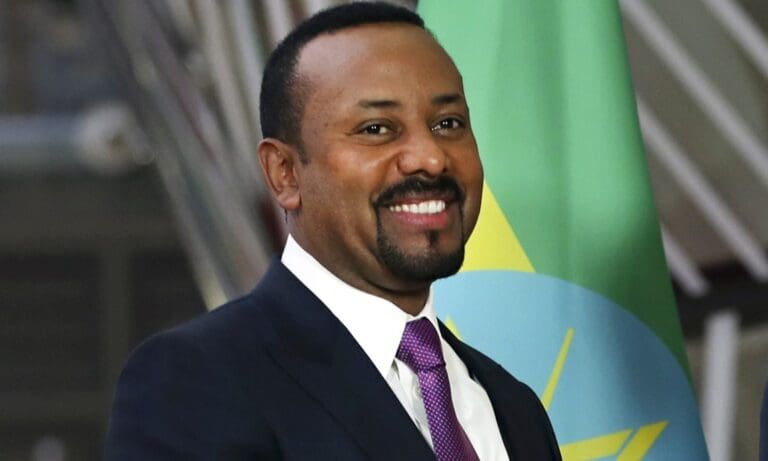The Ethiopian Human Rights Commission (EHRC) has released its six-month report, revealing widespread extrajudicial killings in the Amhara and Oromia regions.
The report, released over the weekend, covers the period from September to December 2024.
The human rights group says extrajudicial killings, forced disappearances, arbitrary detentions, and destruction of property were carried out amid ongoing fighting in the two regions.
The report says thirteen people including children and women were killed in South Gondar Zone, Libo Kemkem district in an area known as Wusha Tirs. It alleges that the victims were members of an armed group which is fighting the government.
Members of the armed group in Amhara region are also referred to as “Fano” forces.
The report further notes that eight civilians were killed by the Fano forces, for the victims allegedly supporting the ruling Prosperity Party or fighting alongside the government forces.
The report further claims that on October 5, 2024, two civilians were killed extrajudicially by government forces in Saja Weal district of the Kellem Wollega Zone in Oromia region.
According to the report, civilians suspected of ties to opposing factions were reportedly executed while in custody.
The commission also highlights arbitrary detentions, where detainees were held without access to families or legal representation.
The report describes incidents of mass incarceration in the Amhara region, including the arrest of senior government officials.
“[The mass arrests] included government officials at all levels, security officials and members, government employees, judges, prosecutors, council members, businesspeople, journalists, primary and secondary school teachers, university professors, women, youth, private sector workers, religious leaders, and model students were in the attendance list,” reads the EHRC report.
It indicates that civilians from Bahir Dar, West Gojjam, North Shewa, and other areas were abducted from their homes by government security forces and taken to unknown locations.
“Their whereabouts are still unknown,” the report adds.
EHRC urges government authorities to ensure accountability and transparency in the handling of detainees.
The commission emphasises the importance of adhering to legal processes and respecting the rights of individuals taken into custody.
It calls for the immediate release of detainees held incommunicado, stressing that such actions violate fundamental human rights principles.
MG/as/APA


